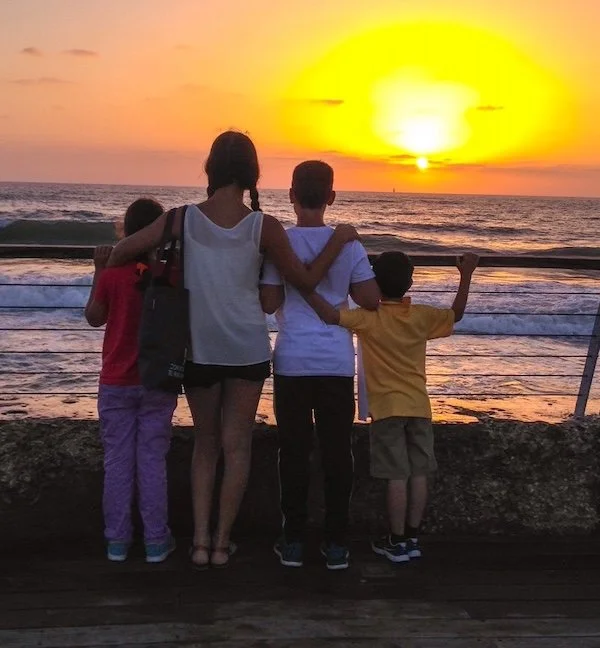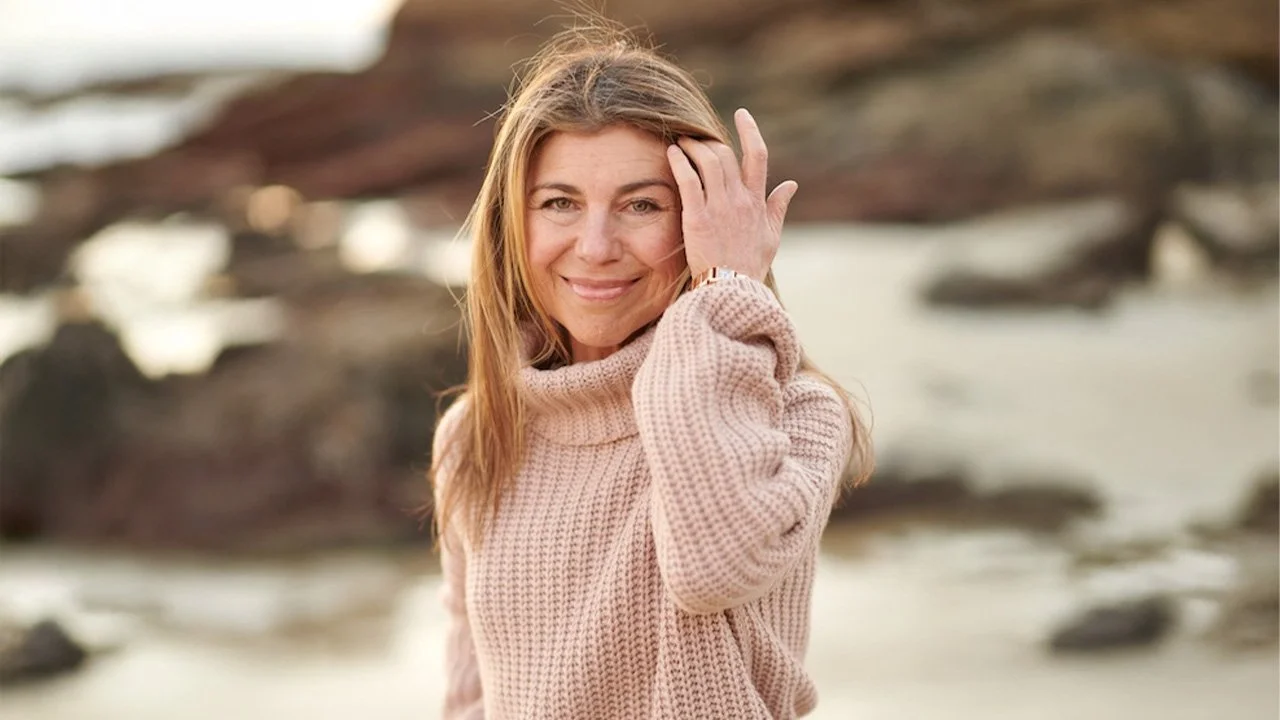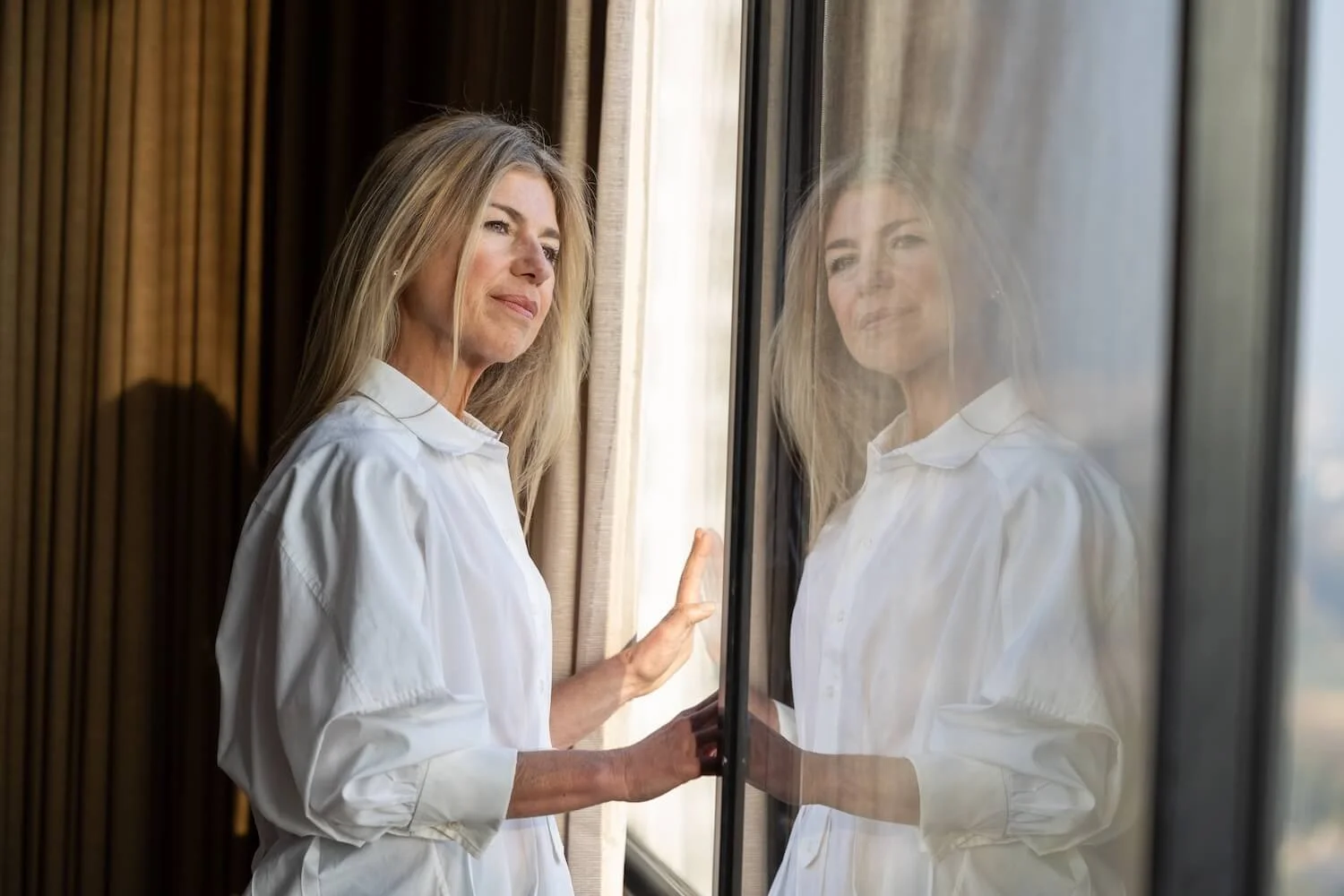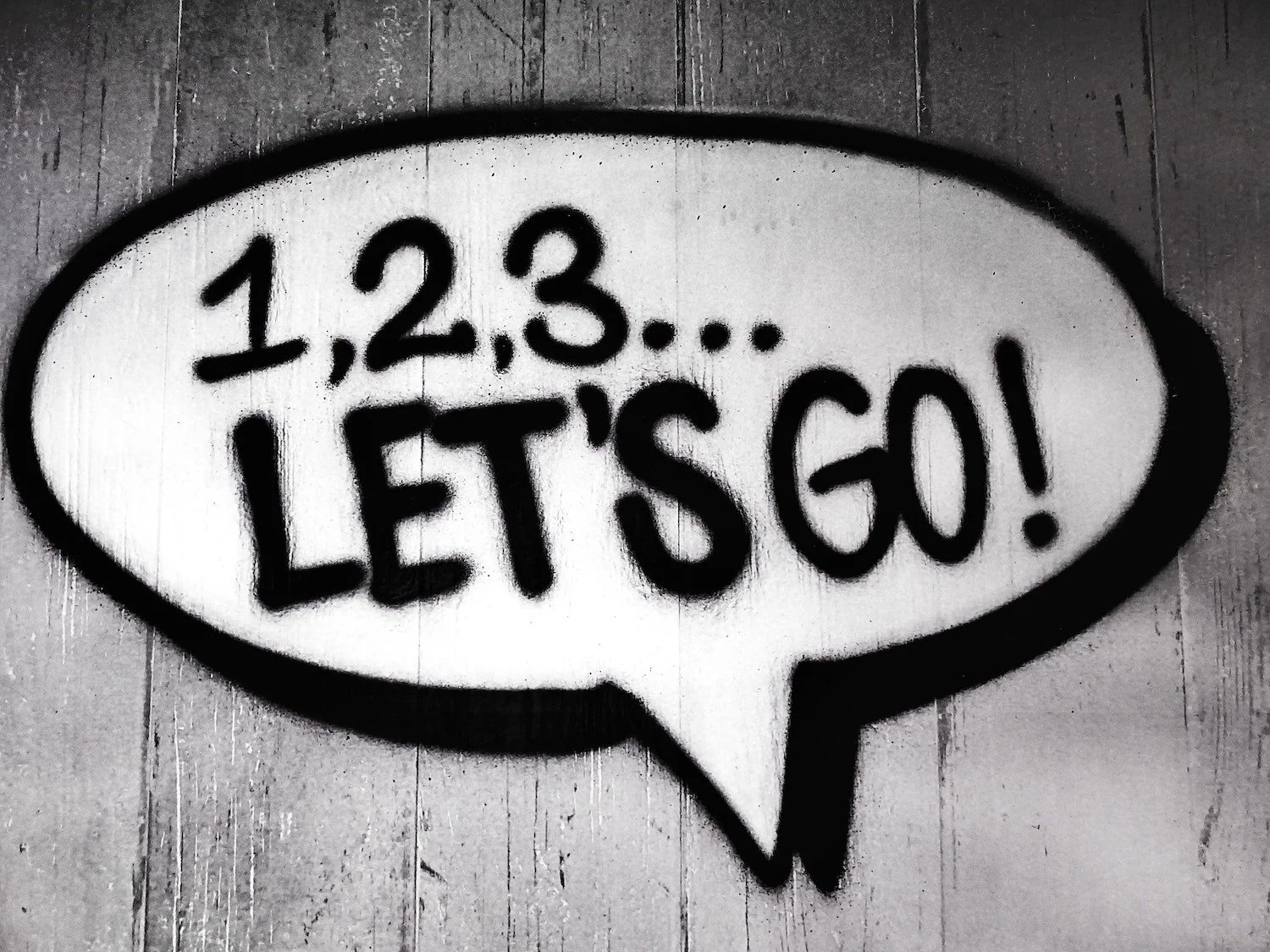The Parenting Principle We Got Wrong
The rising generation, also known as Gen Z, has its work cut out for them!
With nearly a decade of experience coaching this generation, I've witnessed their unique traits and behaviors.
First, let me tell you what they are not. They are not stupid, uneducated, lazy, irresponsible, and a plethora of other negative attributions they’re generally given by parents, bosses, and those of their cohort who don’t suffer from the particular misunderstanding I’ll speak of here.
This generation is the most privileged, educated, and “therapied” in mankind’s history. It has been practically pummelled with resources, accommodations, and attention. It has been loved, protected, and spoken to gently. It has been acknowledged, received participation medals, and generally supported to pursue any sport, hobby, and interest it has ever expressed.
So why are they so unhappy?
Why is it such a herculean task for them to launch?
Why are they so often swimming in confusion and overwhelm, unable to take action, as they might say, IRL—in real life?
It’s easy to fault this generation, but be careful—because in doing so, we will squarely point that accusatory index finger back at ourselves.
My intention for writing this article is twofold. First, I hope to shed some light on the frustrated parents of my generation who have done everything possible for their kids and find those highly educated, therapy-supported, externally-resourced kids back at home on the couch.
Second, I also hope new parents will use my experience and insights to raise their children in ways that eventually lead them to embrace adulthood, not run away from it.
And let me be clear—whether you agree or not with my opinion of the cause of this problem, there is no denying that the presenting symptom is the utter refusal to embrace adulthood.
Although not the only cause, the root of this particular Gen Z issue stems from a simple yet profound misunderstanding.
They believe that their feelings are in charge of their lives and that their feelings should determine their actions.
This is not their fault.
Here, I don’t speak as a mental health expert or psychologist. I am a staunch advocate of therapy and any modality that helps us understand our emotions better.
But if I were constantly encouraged to check in with my feelings from birth as our children have, I too would have confused doing the right thing, the important thing, and the necessary thing with the thing I feel or don’t feel like doing.
Feelings are to be experienced and acknowledged. Feelings, particularly tough ones like anxiety and sadness, are data points, and we need to consider them.
But feelings, for those of us who do not suffer from pathology, and I put it to you that is most children, are like the weather—they pass. But if we constantly check in and teach our children to check in with their feelings before doing anything, is it any surprise that action becomes the exception rather than their default behavior?
I do not want to explore in this article the history that explains why parents of my generation became feeling-obsessed; experts on the subject have written extensively about the reasons.
In a speed-addicted world that has us believing (whether we admit it out loud or not) that there’s something wrong with the child who feels “stuck,” I say no.
There’s nothing wrong with our children. Instead, there is arguably something wrong with the organizing principle that we believe should be central to our parenting—the principle that feelings decide our actions.
Our young adults suffer from a significant misunderstanding, and the good news is that misunderstandings can be resolved.
When I work with younger clients who feel stuck and believe something’s wrong with them or the world, they often want me to tell them how to feel better. They’re initially disappointed when I say that I won’t do that. What I can do (if they are genuinely ready to do the work) is help them attempt the actions they feel they can’t take on their own. In the process, they gain the confidence to step into the arena of life rather than their present position of sitting on the bleachers.
As these brave young adults take action despite experiencing difficult emotions like fear, anxiety, and sadness, they gradually transition into adulthood, one uncertain and anxious step at a time. And when they begin to experience the satisfaction of real achievements and independence; that amazing feeling of success gained through doing hard things, you won't be able to hold them back, even if you try.










